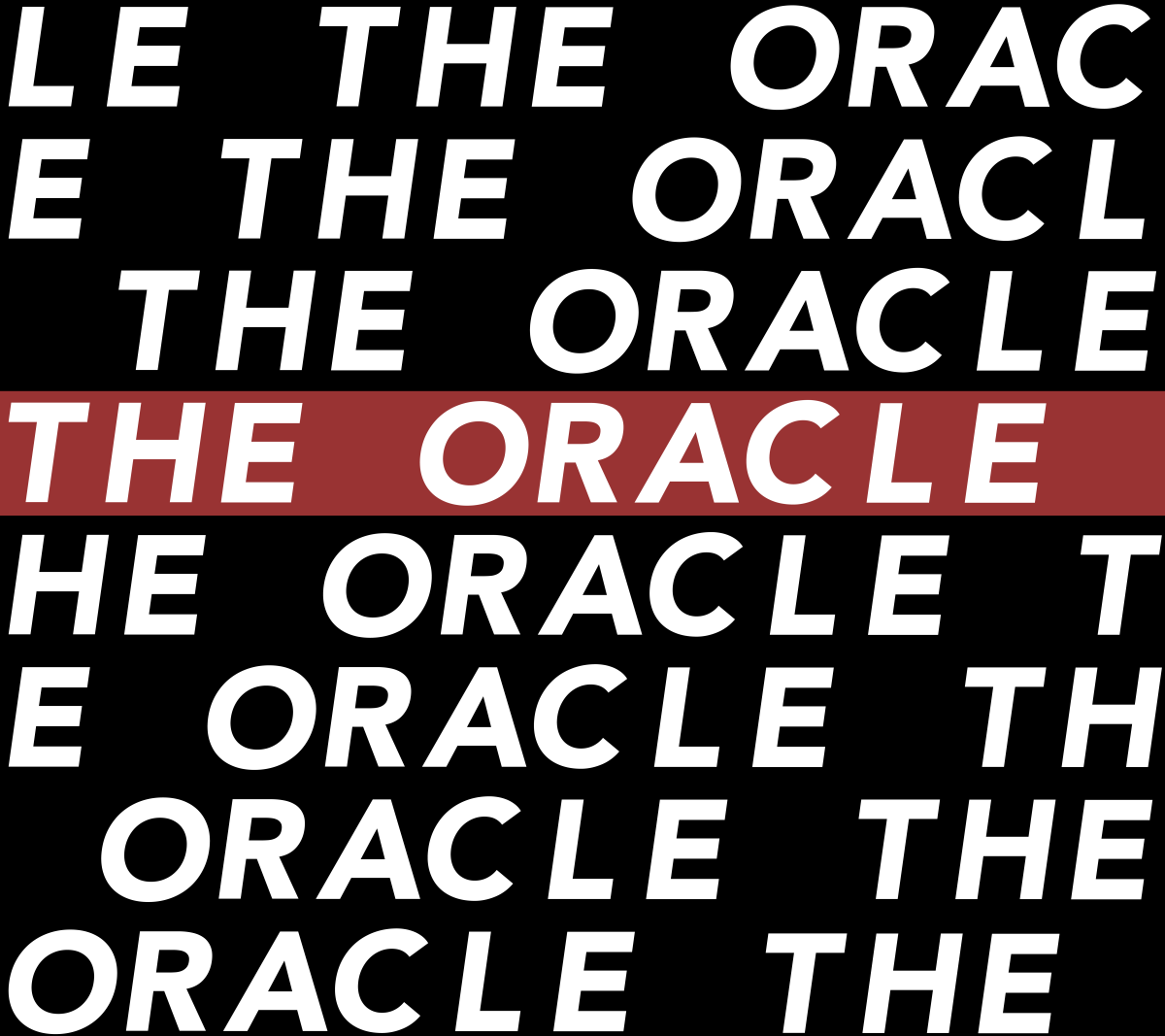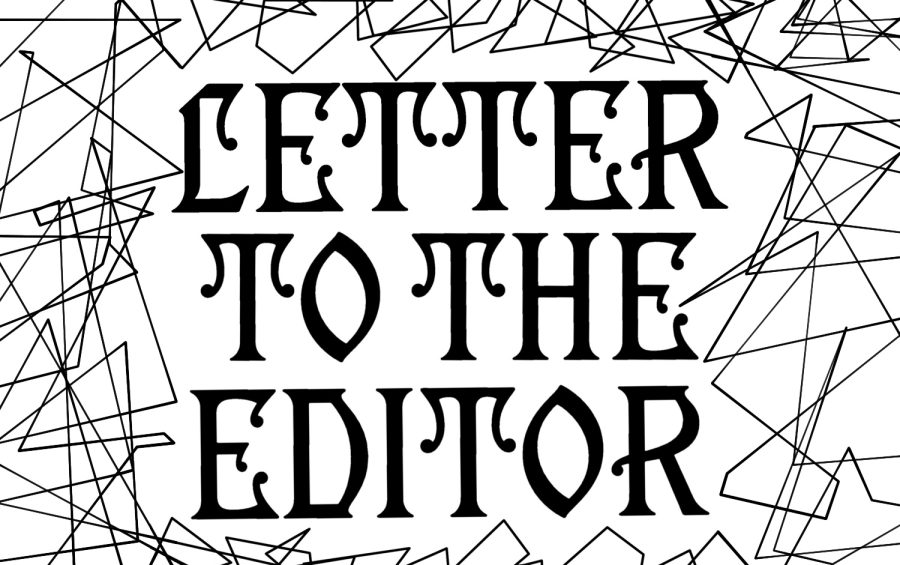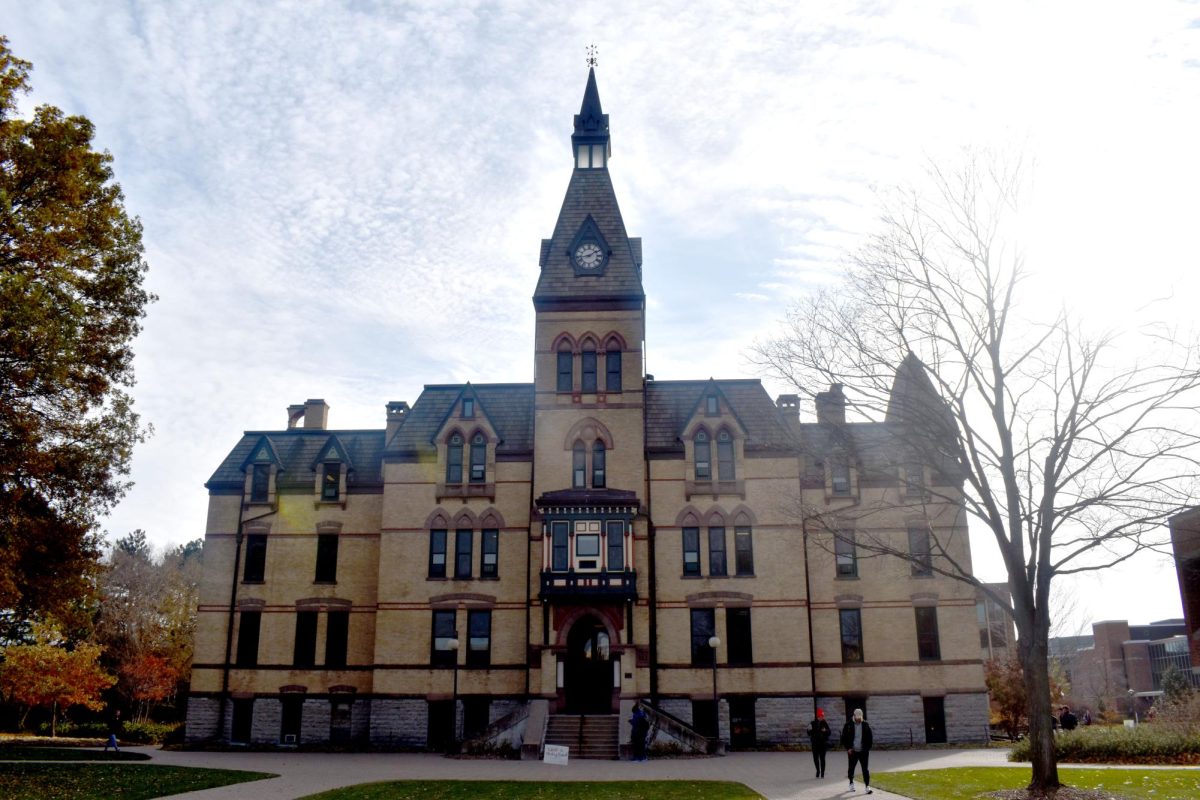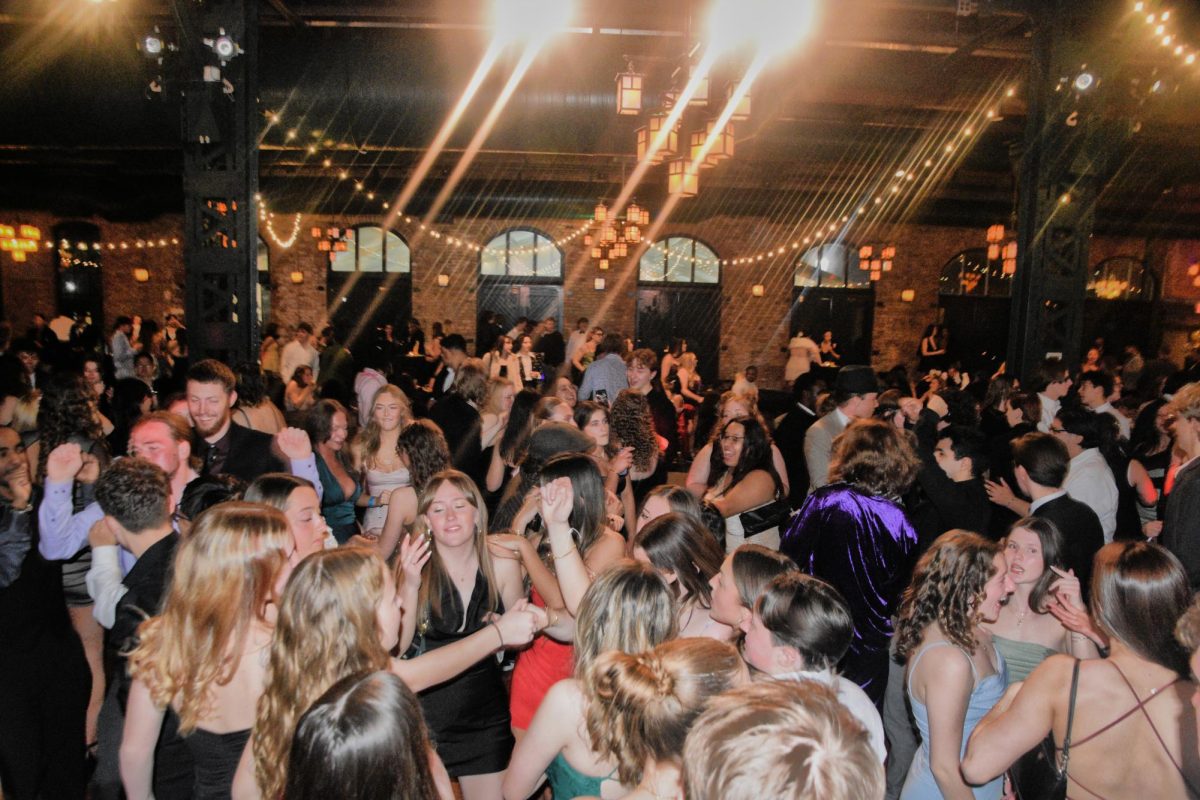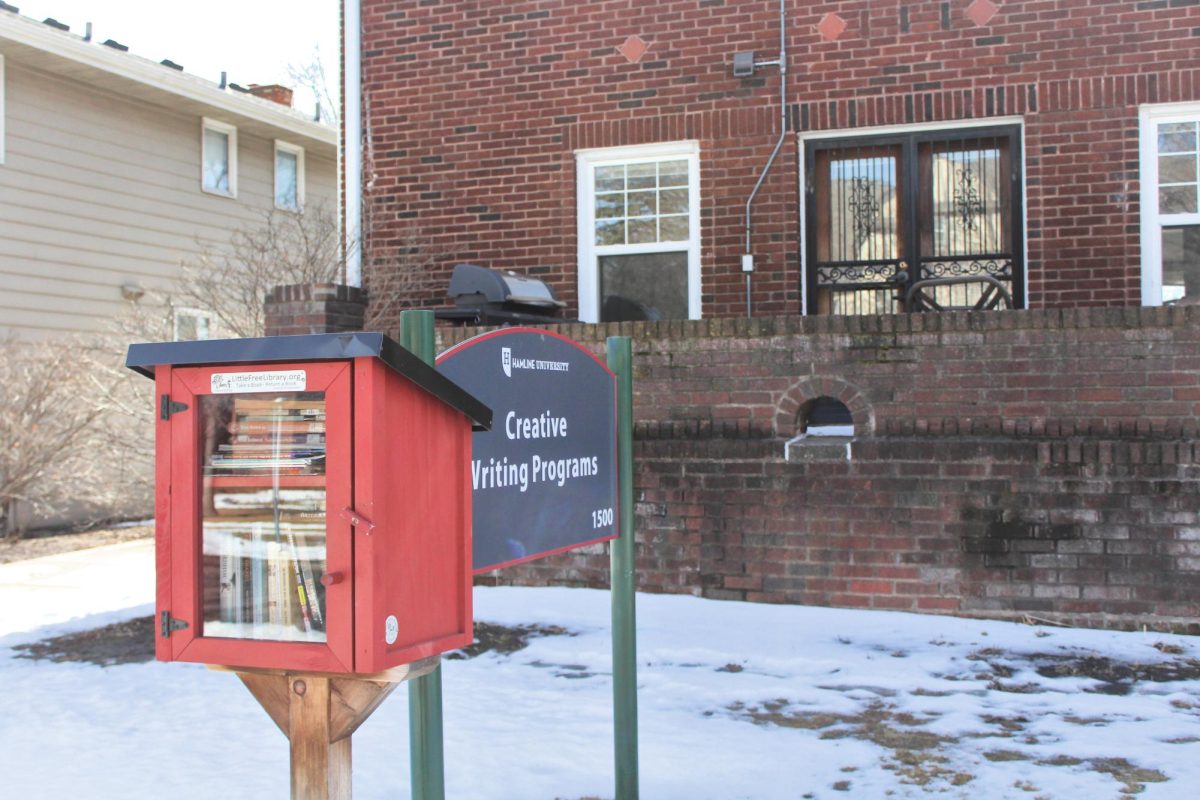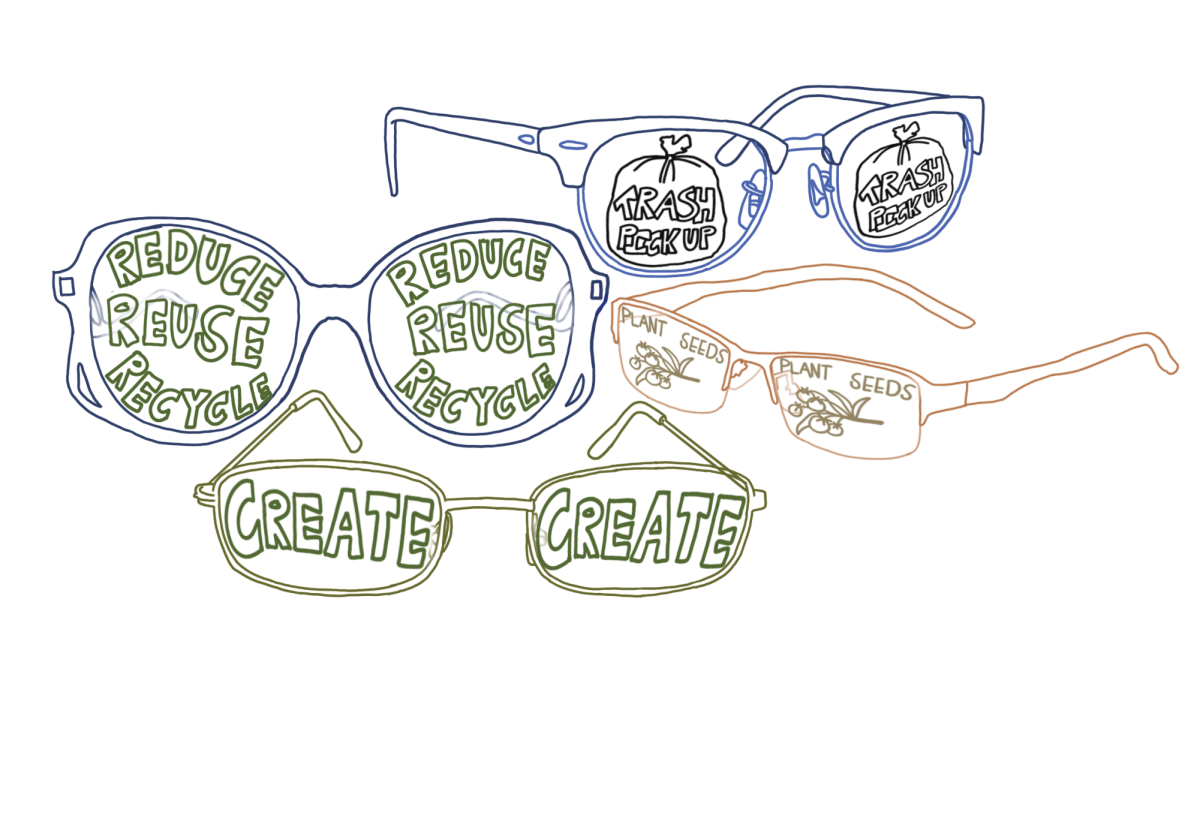In the Kay Fredericks Room on April 8, the Mahle Lecture took place for the 2025 school year. The Mahle Lectures are a yearly lecture that takes place on the Hamline University campus. It is funded by The Stephen and Kathi Austin Mahle Endowed Fund for Progressive Christian Thought, which aims to help Hamline’s community explore Christian theology and offer a chance for the community to learn its relevance to their lives in a personal, social, political and economic viewpoint.
Scriptural reasoning workshop builds community trust
The night began with socialization through a Scriptural Reasoning Workshop led by Reverend Ben Maton, Mubashir Khizar, leaders from the Society of Scriptural Reasoning and community members. Many people attending the Mahle Lecture participated in the Leading a Scriptural Reasoning Group training that took place in Kay Fredericks Ballroom the night before. These workshops featured three pieces for scriptural reasoning — Ephesians 2:13-22 from the Bible, Leviticus 16:29-34 from the Torah and Surah Al-Jathiya [45] featured in the Qur'an.
During the workshop, participants seated at round tables were led by an expert in scriptural reasoning to choose a passage to read, analyze and come together to understand the potential meanings behind each passage. Participants were prompted to listen to one another’s thoughts and not to teach each other about the selected passage. The goal of scriptural reasoning is to help those unfamiliar gain an understanding of a selected text rather than to teach from an established opinion. Leaders of the workshop also encouraged their groups to pick words or lines where they felt drawn to with statements beginning with, “I see.” By stating “I see” before delving into a thought they had, the participants were helping their group mates recognize their thought process when analyzing the text.
The last key to the Scriptural Reasoning Workshop was for everyone to reflect individually and then with the whole group. Offering a time for people to reflect on their new learnings and understanding allowed the participants to think through what they had gleaned.
The potluck project brings people together
After the hour and 45 minute workshop, a buffet style dinner — featuring items such as pulao rice, madras cabbage and peas, dal tarka, aloo gobi matar and a mango passion fruit sweet shot for dessert — was served.
During the meal, a quick presentation about the Potluck Project was given by Viveka Hall-Holt, Program Coordinator for Paths to Understanding — the organization behind the Potluck Project. She spoke about the main goals of Paths to Understanding and their goals and hopes for the Potluck Project. The Potluck Project was started to bring the community together through potlucks and offer a place for people to come together and learn from each other.
“By doing the classic things that humans have always done to get to know people in other groups, and eating together and sharing stories about who they are personally. So the Potluck Project is really a toolkit that gives materials around how to promote a potluck, how to reach out to other groups, to start creating one, just different steps to take, how to reach out to the media if you want to tell about what you are doing,” Hall-Holt said.
The keynote speech creates shared understanding
The main event of the night was the Keynote Lecture: “Scriptural Reasoning and Indigenous Wisdom,” given by assistant professor at the Faculty of Theology, Pontificia Universidad Católica de Chile, Dr. Rocío Cortés Rodríguez. Cortés Rodríguez related how she uses scriptural reasoning to connect to the indigenous communities in Chile.
Cortés Rodríguez spoke about how she first started to gather people together to learn about Chilean indigenous cultures through scriptural reasoning over a community meal. She explained how sitting at a round table during a meal is vital for scriptural reasoning.
“The setting and the experience and eating at a round table, we are at the same level. One is not higher or lower than another, we are the same,” Cortés Rodríguez said.
Cortés Rodríguez spoke about how important it is that during the process of scriptural reasoning that one does not try to change or convince the mind of another but simply offer a new way of analyzing, understanding and learning about a passage or scripture.
“I have to make my beliefs reasonable, understandable. We go into other people’s beliefs and understandings, but we also have to invite someone to understand and learn ours as well,” Cortés Rodríguez said.
Not only did Cortés Rodríguez offer a new perspective on scriptural reasoning, but she also did not hold back on teaching the audience of the struggles that often arise when practicing scriptural reasoning.
Cortés Rodríguez explained that areas of struggle when practicing scriptural reasoning could be the materials offered, whether it be a lack of materials or a translated material that could have potentially had a bias when translating. Time was another area pointed out as an area of concern as there should be time for tradition.
“The conversation ends when the conversation ends, not when the watch tells you it ends,” Cortés Rodríguez said.
Mutual understanding was pointed out as sometimes being a struggle, as participants might not always agree on a group understanding or someone’s opinions. Cortés Rodríguez said to welcome and embrace the differences in beliefs and opinions in reasoning as not everyone will always agree.
“We do not seek total community or we do not seek total agreement, but we seek to find our differences,” Cortés Rodríguez said.
The last area that Cortés Rodríguez highlighted for having potential difficulties during scriptural reasoning was the theory of method. The differences in theory of method could be anything from not agreeing on the approach to analyzing or the understanding of texts.
Regardless of the potential struggles, Cortés Rodríguez says in the end scriptural reasoning brings people together for a better understanding of one another, cultures, religions or spiritualities.
“I thought it was very interesting to see how people practice scriptural reasoning in different cultural settings,” President of Jewish Student Life (JSL) and Civic Engagement Student Lead at the Wesley Center and senior Elizabeth Evans said.
It is through the practice of scriptural reasoning that communities and cultures come together. The Mahle Lectures will continue to serve as a cultural bridge for the foreseeable future, working to build connections for future generations of students.
“It’s important to relate to each other to build connections across asylums that are so strong right now,” Hall-Holt said.




